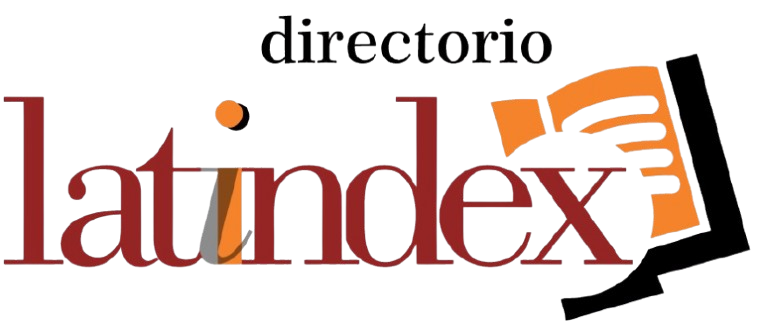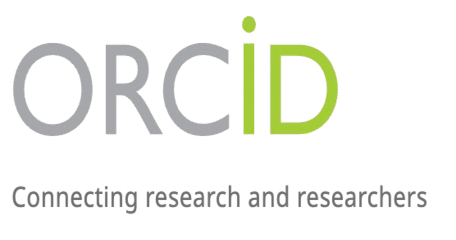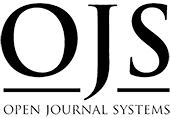Competencias blandas para la fuerza laboral del siglo XXI
Palabras clave:
Competencias blandas, atributos personales, exigencia, mercado laboralResumen
Las competencias blandas son atributos personales que marcan la diferencia entre un profesional y otro, independientemente de su área disciplinar. El diferenciador clave es que estas competencias no se relacionan con el trabajo que se hace, sino con cómo se trabaja. Por lo mismo, no son específicas de un solo trabajo y dejan a la nueva fuerza laboral bien preparada para un panorama que cambia rápidamente, donde la adaptación a nuevos entornos es fundamental. Por ello, los empleadores actualmente buscan una fuerza laboral que posea tanto competencias blandas como duras. En este contexto, este estudio busca identificar las 10 competencias blandas más importantes para el buen desempeño en el mercado laboral chileno. La muestra corresponde a 45 ejecutivos de empresas de mediano y gran tamaño. La información se recoge mediante un cuestionario tipo escala de Likert, autoadministrado en línea. Los resultados muestran que la industria le asigna gran valor a la comunicación efectiva, resolución de problemas, pensamiento crítico, trabajo en equipo, adaptabilidad, creatividad, coordinación, gestión del tiempo, ética laboral y negociación (M= 4,080).
Descargas
Citas
Bailly, F., & Lene, A. (2013). The personification of the service labour process and the rise of soft skills: A French case study. Employee Relations, 35, 79-97. https://doi.org/10.1108/01425451311279429
Balcar. J. (2017). Is it better to invest in hard or soft skills? The Economic and Labour Relations Review, 27(4), 2017, 453-470. https://www.researchgate.net/deref/http%3A%2F%2Fjournals.sagepub.com%2Fdoi%2Ffull%2F10.1177%2F1035304616674613
Boostrs (2020). The importance of soft skills of soft skills in the job market in the job market.
An analysis of the soft skills demand by job, function and seniority level. https://boost.rs/wp-content/uploads/2020/11/BOOSTRS_SOFT_SKILLS_STUDY_2020.pdf
Connell, J., Gough, R., McDonnell, A., y Burgess, J. (2014). Technology, work organization and job quality in the service sector: An introduction. Labour & Industry, 24, 1-8. https://doi.org/10.1080/10301763.2013.877117
Heckman, J. y Rubinstein, Y. (2001). The Importance of Noncognitive Skills: Lessons from the GED Testing Program. American Economic Review 91(2):145-149. https://www.aeaweb.org/articles?id=10.1257/aer.91.2.145
Hyder, H., Mahmood, Z. y Hamid, S. (2020). Soft skills: a research study on outdoing academics and conquer the World. PJAEE, 17(7), 7805-7815. https://archives.palarch.nl/index.php/jae/article/view/3412
James R. F. y James M. L. (2004). Teaching Career and Technical Skills in a Mini World of Business. Business Education Forum, 59(2), 39-41
John, J. (2009). Study on the Nature of Impact of Soft Skills Training Programme on the Soft Skills Development of Management Students. Research Paper. https://www.researchgate.net/publication/228136153_Study_on_the_Nature_of_Impact_of_Soft_Skills_Training_Programme_on_the_Soft_Skills_Development_of_Management_Students
Lowden, K., Hall, S., Ellio, D. D., y Lewin, J. (2011). Employers’ perceptions of the employability skills of new graduates. Edge Foundation.
Redomero, T., Caggiano, V., Poza-Lujan. J. L. y Piccione, V. A. (2019). Fostering and assessing soft skills of engineering students. The International journal of engineeringeducation, 35(6), 1656-1666. https://dialnet.unirioja.es/servlet/articulo?codigo=7350183
Seetha, N. (2014). Are soft skills important in the workplace? A preliminary investigation in Malaysia. International Journal of Academic Research in Business and Social Science, 4, 44-56. http://citeseerx.ist.psu.edu/viewdoc/download?doi=10.1.1.684.6235&rep=rep1&type=pdf
Sheikh, S. (2009). Alumni perspectives survey: Comprehensive data report. Reston, VA: Graduate Management Admission Council. https://www.gmac.com//media/files/gmac/research/measuring-program-roi/apr09alumni_cdr_web.pdf
Universidad de Deusto (2003). Tuning Educational Structures in Europe. Informe Final Fase Uno. ISBN: 978-84-9830-642-2 http://tuningacademy.org/wp-content/uploads/2014/02/TuningEUI_Final-Report_SP.pdf
Vasanthakumari, S. (2019). Soft skills and its application in work place. World Journal of Advanced Research and Reviews, 3(02), 066–072. https://www.researchgate.net/deref/https%3A%2F%2Fdoi.org%2F10.30574%2Fwjarr.2019.3.2.0057
Vera, F. y Tejada, E. (2020). Developing soft skills in undergraduate students: A case at a Chilean private university. Transformar, 1(1), 57–67. Recuperado a partir de https://revistatransformar.cl/index.php/transformar/article/view/12
Vera, F. (2017). Infusión de habilidades blandas en el currículo de la educación superior: clave para el desarrollo de capital humano avanzado. Revista Akademèia 7(1), 53-73. https://revistaschilenas.uchile.cl/handle/2250/35695
World Economic Forum (2020). The Future of Jobs Report 2020. http://www3.weforum.org/docs/WEF_Future_of_Jobs_2020.pdf












